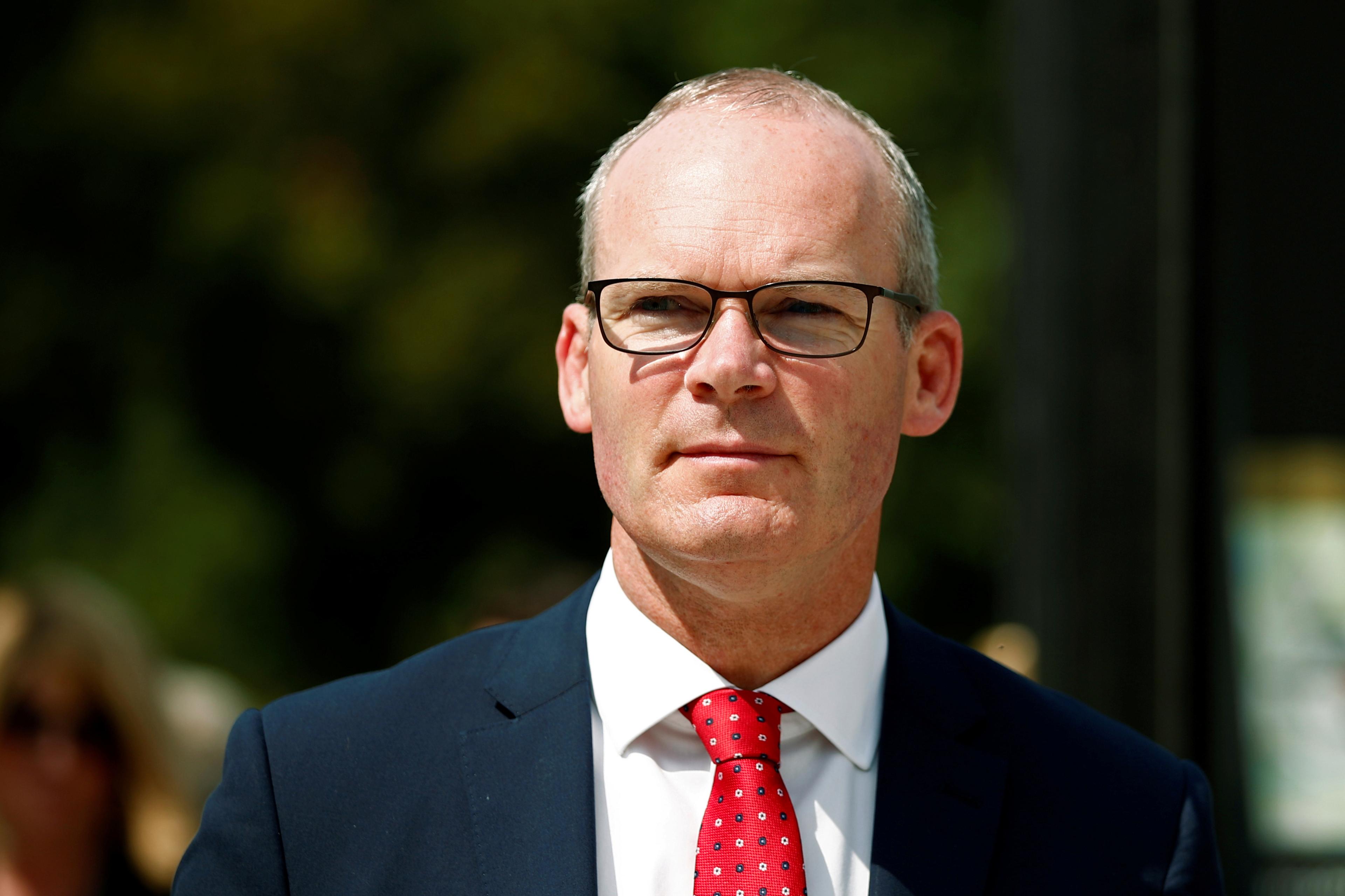Officials at Russian Embassy asked to leave Ireland

Ireland's foreign minister Simon Coveney informed the Russian ambassador of the decision on Tuesday afternoon
At a glance
The Irish government says four senior officials at the Russian embassy have been asked to leave the country
The officials are leaving for "activities not in accordance with international standards of diplomatic behaviour".
Foreign Minister Simon Coveney insists despite this diplomatic channels between the two countries should still remain open
- Published
Four senior officials at the Russian Embassy in the Republic of Ireland have been told by the Irish government to leave the country.
Ireland's foreign minister, Simon Coveney, said the officials were asked to leave for activities "not in accordance with international standards of diplomatic behaviour".
He summoned Russia's ambassador for Ireland, Yuri Filatov, on Tuesday afternoon to advise him of the decision.
The action is being taken under Article 9 of the Vienna Convention on Diplomatic Relations.
In a co-ordinated move, four EU countries are expelling more than 40 Russian diplomats suspected of spying.
Ireland joins Belgium, the Netherlands and the Czech Republic who have all issued expulsion orders to a total of 43 embassy staffers on Tuesday afternoon.
The move follow similar actions taken by other EU members, including Poland, in the past week.
In a statement, Mr Coveney added that despite the move diplomatic channels between the two countries should still remain open.
"This channel of communication has been important in the context of conveying our strong views on the Russian Federation's war against Ukraine, which we regard as a serious breach of international law," he said.
The Taoiseach (Irish prime minister) said his government took “the correct decision” to expel the officials after receiving a security briefing about their activities.
Speaking in the Dáil (lower house of parliament) Mícheál Martin said he did not want to divulge the contents of the briefing but the decision was taken in terms of “our own national security” and to send a clear message about Irish “abhorrence” of the situation in Ukraine.